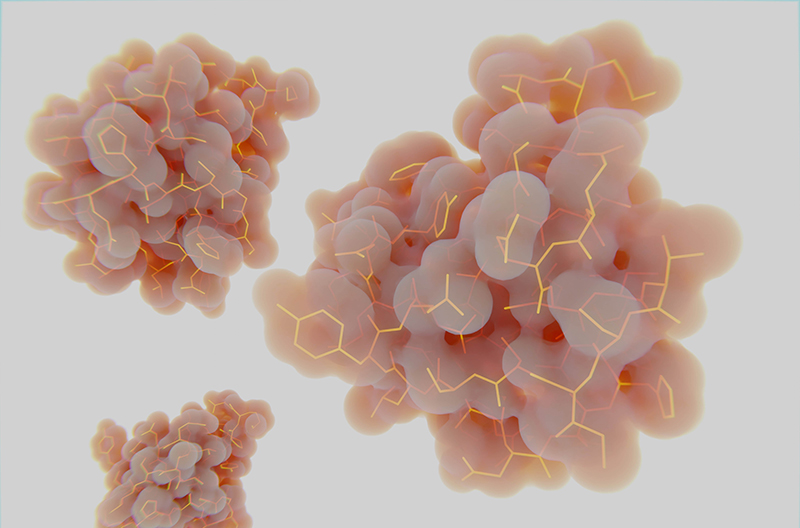Thinking of jumping on the Keto trend? Before you start your journey, you should make yourself familiar with the informative ketosis directory to know what to expect. However, one of the major questions people have, when they start, is a short and sweet one: “Is ketosis bad for me?”
Within this guide, we’ll take a look at research in the area and dispel some common myths along the way. Here’s what you need to know before you start the Keto diet.
Is Ketosis Bad?
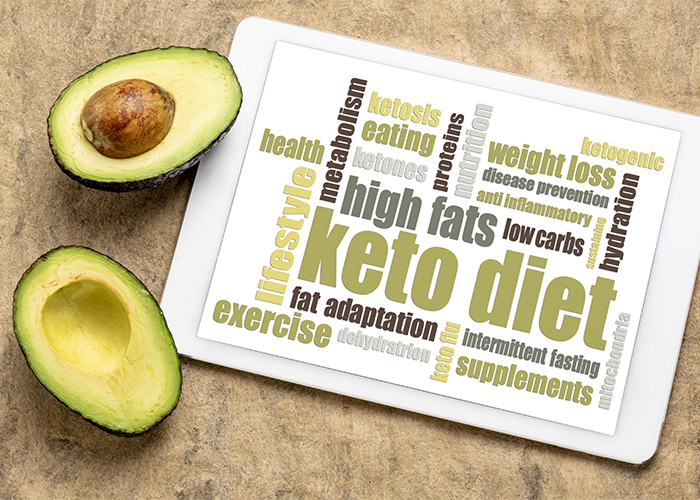
While the Keto diet is highly popular, the question remains the same: Is ketosis bad for your health? It’s important to understand that this is a highly complex issue. There are various studies on the benefits — and possible downfalls — of low-carb diets and their effects.
First of all, let’s take a quick look at the positives here. The diet plan, and ketosis, has been linked to general weight-loss benefits and a lower appetite.[1]’[2] The ethos of the diet plan is that you boost your protein and fat intake while decreasing your carbohydrates intake. While following the diet, you should eat no more than 50g net carbs per day.[3]
The Keto diet aims to force your body into a ketosis state. After following the plan for a short period, you may start to notice some typical ketosis symptoms such as higher ketone levels in both your blood and urine. At this point, your body should begin to burn more fat to be used as energy on a day-to-day basis.[4] That, in turn, could help you lose weight.
Since the diet plan has recently surged in popularity, some people have questioned the long-term health effects it may have. So, is ketosis bad for your general health?
According to research in the area — which we’ll review in this guide — following the diet long-term and staying in ketosis could have potentially harmful effects. However, it’s crucial to note that the way in which you’re affected by this state will also depend on your current health.
How Long is it Safe to be in Ketosis?
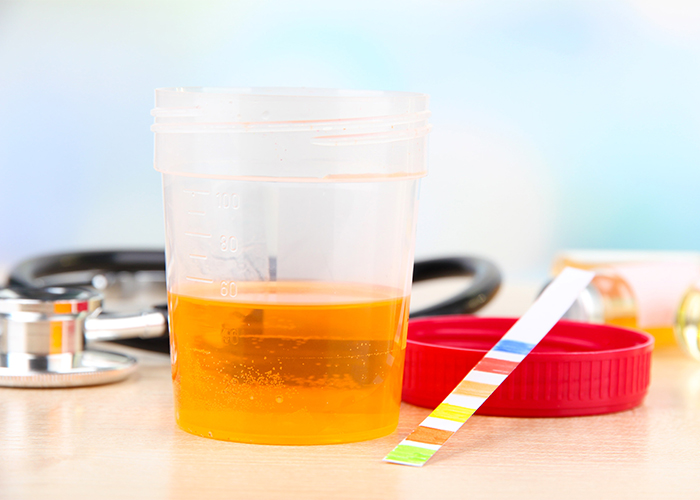
Next up, let’s talk about the time you spend on the Keto diet and in ketosis. The question is straightforward enough: How long is it safe to be in ketosis? However, the answer is a rather complicated one and, since some research is lacking, hard to fully determine.
Currently, there is research into the effects of following the Keto diet and staying in a ketosis state for a short period of up to two years.[5] The study, which was published in the US National Library of Medicine, says that the side effects experienced in this time are likely to be minor.[6]
They include nausea, constipation, headaches, dizziness, and insomnia among other issues, none of which are serious. The researchers also noted that these symptoms tend to stop after a few weeks of entering ketosis.[7]
However, since there haven’t been many studies into the side effects beyond two years, experts can only theorize. The researchers in the previously mentioned study state that long-term side effects could include kidney stones, vitamin and mineral deficiencies, hepatic steatosis (excess fat in your liver), or hypoproteinemia (low protein in your blood).[8]
If you intend to follow the diet for a long period and remain in ketosis for the entire time, you should speak with a medical professional first.
Staying in a state of ketosis for a long period will require you to cut back on carbs for that time. Research published in The Lancet Journal suggests that following a low-carb diet long-term could be dangerous to your health.[9] The results of the study linked both high-carb and low-carb diets to a higher risk of early death. That means that following the Keto plan over a matter of years could increase your risk of dying young.
Note: When following the Keto diet for any period, you should always get advice from a medical professional for advice.
Is Ketosis Bad for Your Kidneys?
Let’s answer one of the most important questions: Is ketosis bad for your kidneys?
Your kidneys act as a filter for water and waste in your body. Should they fail to work properly, you could find that you run into a whole range of health problems. Doing everything that you can to protect your kidneys will help you lead a longer, happier life.
So, is ketosis bad for your kidneys? While there’s no direct evidence linking this state to kidney problems, there are some things you should be aware of. If you’re already suffering from kidney problems, the diet plan you follow needs to support their function.
1. High protein diets and kidney disease

The National Kidney Foundation recommends that people with kidney disease who are not on dialysis follow a low-protein diet plan.[10] The reason is that the more protein you consume, the more your kidneys will have to remove. That will cause your kidneys to have to work harder than usual and put excessive strain on them.
Since the Keto diet is high in protein and fats, that means that it’s not suitable for patients with this condition.
On the other hand, patients who have kidney disease and are receiving dialysis may benefit from consuming more protein. The information from the National Kidney Foundation states that people having this treatment may need to eat more to maintain their blood protein levels.[11] However, the information doesn’t directly say the Keto diet is safe.
2. Always get an expert’s opinion first

Moreover, some experts believe that attempting to enter ketosis through a diet plan could be dangerous for anyone with poor kidneys. For example, in a scientific article for Harvard Health Publishing, Marcelo Campos, MD, explains that patients who currently have a kidney disease should be wary of the Keto diet altogether. His opinion is that the Keto diet, in general, could worsen these patients’ conditions over time.
With that in mind, before you make the decision to start the diet plan, it’s worth speaking to your doctor about it. They’ll be able to assess any medical problems you currently have and offer you advice on the best course of action for you.
Discussing your overall health will mean that you can design a diet plan that suits your particular needs.
5 Ketosis Risks to Be Aware Of
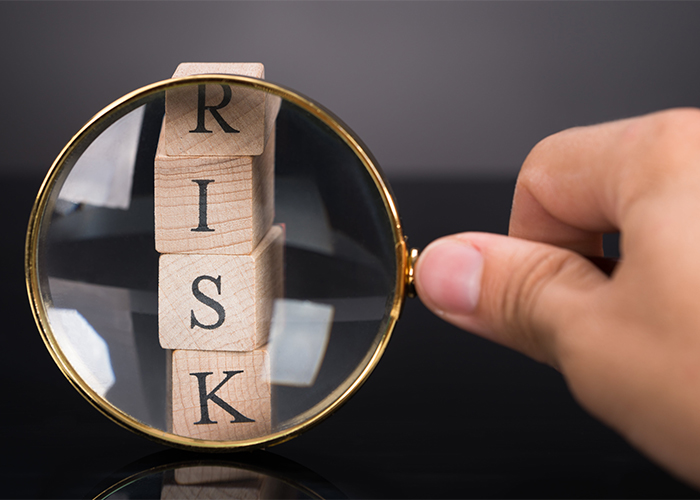
Finally, it’s worth looking at some of the risk factors that are associated with ketosis. Put simply, once you know how long it takes to get into ketosis and follow the plan, you can start to reap the weight loss rewards.
However, in order to protect your health, you’ll also need an understanding of the disadvantages of this state. Here are six you should know about:
1. Keto “flu”

Despite the name, you should know that Keto “flu” isn’t actually a form of flu at all. The side effects of ketosis are given that name because the symptoms are similar to flu symptoms. These include headaches, diarrhea, muscular cramps, and general weakness of the body.[12]
The underlying cause of the problem is an increase of both urinary sodium and potassium combined with a decrease in water within your body.[13] These issues usually only last a short period and tend to occur directly after starting the diet plan.
Despite not lasting long, it’s important to be aware of these disadvantages of ketosis before you start the Keto regime.
2. Bad breath

Next up, let’s look at one of the less expected ketosis risks. When you’ve entered ketosis, you may find that there’s an unpleasant — potentially embarrassing — side effect: stinky breath.
You can measure the ketone levels in your urine by using ketosis strips. However, there’s another sign that you may notice first: bad breath. Halitosis, as this condition is formally known, is common in people experiencing ketosis.[14]
Often, people report that they have sweet-smelling breath while they’re in the ketosis state. While the problem isn’t associated with more serious conditions, having continuous bad breath could present some social problems.
3. Digestive problems

Is ketosis bad for your digestion? The truth is that whenever you choose to switch diet plans, it can affect how your digestive system works. Research published in the US National Library of Medicine suggests that following the Keto diet could lead to constipation in the early stages of ketosis.[15] While this side effect may not last long, it’s worth knowing about it before you start your diet plan. You don’t want any surprises!
Since you’re changing your regular eating habits, you may find that you struggle with some areas of digestion. In the long term, if this continues, it could be a risk factor.
You should pay close attention when it comes to how your body reacts to certain foods. You should speak to a doctor if you have ongoing issues when on the diet plan.
4. Possible heart issues

Keeping your heart as healthy as possible is a smart way to protect your overall health in the long run. Heart disease is responsible for one in every four deaths in America, according to the Centers for Disease Control and Prevention.[16]
Of course, leading an active lifestyle will help to keep your heart working well. However, you should also note that your daily diet also plays a vital role when it comes to keeping your heart as healthy as possible.
Research from the American College of Cardiology suggests that diets which restrict your carbohydrate intake could be harmful to your heart.[17] The study suggests that following this type of diet could be linked to AFib, a common type of heart arrhythmia, in the long-term.
The researchers did not state whether ketosis was directly linked to this condition. However, it’s worth understanding that following a low-carb diet plan, such as the Keto diet, could ultimately have a negative effect on your health.
5. Poor athletic performance

Are you an athletic person? Whether you’re an all-around gym bunny or someone who loves getting active outside, finding the right diet plan for you is essential. Let’s look at a simple question here: Is ketosis bad for athletes and active individuals?
The answer is that it likely depends on how long you train and the type of sport you tend to do. Every athlete is different, and their dietary needs are equally unique.
Research from Saint Louis University suggests that following a ketogenic diet plan could stop you from performing well during anaerobic exercise tasks.[18] These types of exercises include heavy weight training, sprinting, and jumping among other activities.
On the other hand, the study found that the diet helped athletes with high-intensity performance. Again, the researchers did not say whether these results were linked to ketosis.
Tip: Monitoring your physical health when you’re on the Keto diet is important! Seek medical help if you notice any dramatic physical changes.
The Takeaway
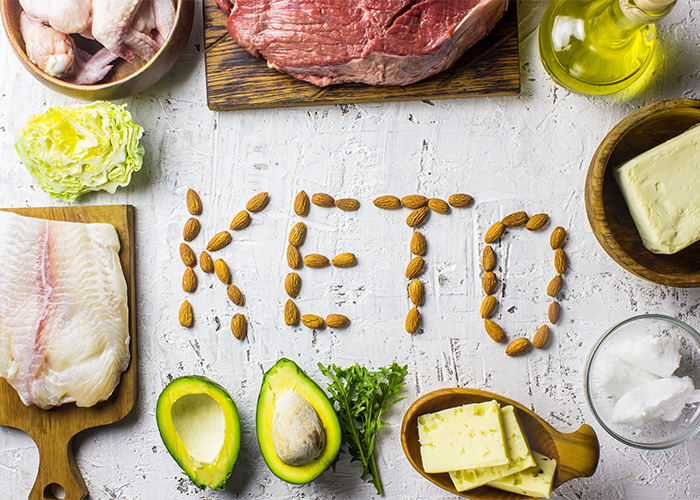
The Keto diet is the latest weight-loss trend and looks like it’s here to stay. Of course, before you decide to start any new diet plan, you need to make sure that it’s right for you and your current state of health.
Throughout this guide, we’ve offered a balanced view of the health benefits and drawbacks of ketosis. If you’re considering switching to the diet plan, be sure to speak with a medical professional who will help you along the way.
Never feel pressured to follow a diet plan just because it’s trending. Make sure your top priority is your health, always. The most beautiful you is a healthy you!

References
- [1] https://www.bmj.com/content/363/bmj.k4583
- [2] http://onlinelibrary.wiley.com/doi/10.1111/obr.12230/full
- [3] https://www.ncbi.nlm.nih.gov/books/NBK499830
- [4] https://www.ncbi.nlm.nih.gov/books/NBK499830/
- [5] https://www.ncbi.nlm.nih.gov/books/NBK499830
- [6] https://www.ncbi.nlm.nih.gov/books/NBK499830
- [7] https://www.ncbi.nlm.nih.gov/books/NBK499830
- [8] https://www.ncbi.nlm.nih.gov/books/NBK499830
- [9] https://www.thelancet.com/journals/lanpub/article/PIIS2468-2667(18)30135-X/fulltext
- [10] https://www.kidney.org/atoz/content/ckd-diet-how-much-protein-right-amount
- [11] https://www.kidney.org/atoz/content/ckd-diet-how-much-protein-right-amount
- [12] https://www.ncbi.nlm.nih.gov/pmc/articles/PMC5858534
- [13] https://www.ncbi.nlm.nih.gov/pmc/articles/PMC5858534
- [14] https://www.ncbi.nlm.nih.gov/pmc/articles/PMC5858534
- [15] https://www.ncbi.nlm.nih.gov/pubmed/25649120
- [16] https://www.cdc.gov/heartdisease/facts.htm
- [17] https://www.acc.org/about-acc/press-releases/2019/03/06/10/29/low-carb-diet-tied-to-common-heart-rhythm-disorder
- [18] http://dx.doi.org/10.23736/S0022-4707.18.08318-4

